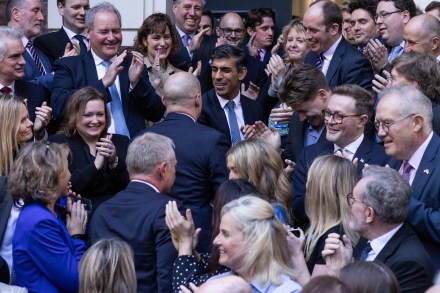All change at CCHQ
The winds of change are blowing through the corridors of 4 Matthew Parker Street. Having turfed team Truss out of No. 10, it seems that the Sunak ascendancy has now coincided with a clear out in CCHQ. The past fortnight has seen a number of high-profile departures including chief executive Darren Mott, political director Ross Kempsell and party treasurer Malik Karim. Mott’s departure was announced today after 31 years of service to the party, ‘as jointly agreed with the party chairman and Prime Minister.’ It means that there are now some big jobs currently going at CCHQ. The w4MP website lists vacancies for the director of CRD and head of





















